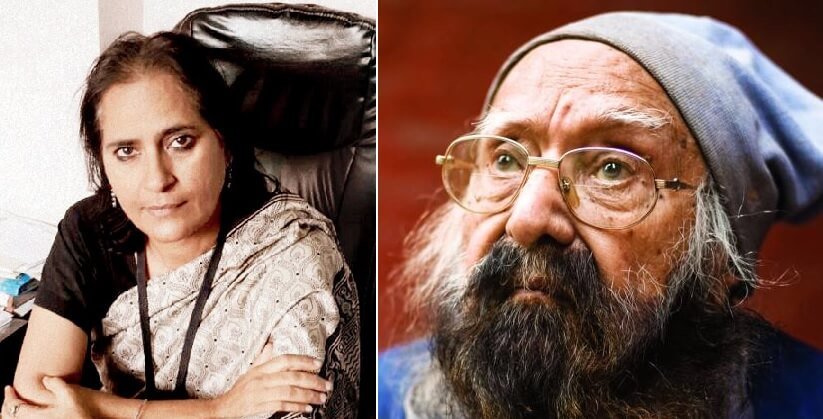The Supreme Court while hearing petitions against jokes directed at Sikhs in July asked a panel headed by a former apex court judge to give suggestions on how to stop them from being spread. But after reading the recently submitted recommendations, members of the Sikh community are divided on what should be done next.
So what did the panel, headed by former Supreme Court judge HS Bedi and appointed by Delhi Sikh Gurudwara Management Committee, recommend for those found guilty of spreading Sikh jokes?
- Websites circulating such content should be blocked
- licenses of media outlets should be cancelled
- films should be stopped from release if they have jokes directed at Sikhs
- Cracking such jokes should be treated like ragging in colleges, and repeat offenders in colleges should be thrown out.
Many community members aren’t pleased. Especially with the rustication bit. Instead of curbing racially offensive humour directed at the community, they feel this could backfire.

Awareness better than punishment?
Harjinder Singh Kukreja, a Punjab-based hotelier and a Sikh activist, feels colleges should be allowed to take disciplinary action against habitual offenders. But rusticating them would simply be going too far.
“People would begin hating us. They would also start fearing us,” he said.
Stand-up comedian and actor Jaswant Singh Rathor, who was a finalist at the Great Indian Laughter Show Season 4, says educating people about the Sikh community is the solution.
“Teach them about our glorious history. About our customs and beliefs. And about our achievements, how Sikhs are present in over 150 countries, are among the highest taxpayers and our contributions to defense,” Rathor said.
“And catch them young,” he said.

Rathor said the near absence of Sikh history from school textbooks is appalling. No wonder people crack jokes like the ones on what Sikhs do at 12 o’clock, he said. (Read the real story about it here).
“Despite being a Sikh, I learnt about my community’s history three years ago.”
“There was hardly any content on Sikhism in school books. It was after I began to spend time on social media that I was inspired to read. I just don’t understand why they don’t teach such basics in school,” he said.
Not everyone agrees
There are some who feel that enough is enough, and it’s time extreme measures are taken.
“Rusticate them, only then people will oblige,” said JD Ghai, founder and CEO of Santabanta.com.
Ghai says he has followed the no-sardar joke policy since his site’s inception and the site’s name aims to break stereotypes attached to Santa Banta.
Ghai said Sikhs are known for being able to take a joke and are now paying the price for it. This is similar to what Harvinder Chowdhury, a senior counsel in the Supreme Court who drew worldwide attention when she filed a PIL on Santa-Banta jokes last year, feels.

Slamming Khushwant Singh, who is the poster boy for the Sikhs’ tolerance of jokes, Chowdhury had said in an interview, “Though he never cracked filthy jokes related to sardars, he did disservice to Sikh community by encouraging jokes on them and not objecting to those created by others.”
Ghai says he feels disgusted when a joke doing the rounds on Whatsapp lands again in his inbox with the characters rechristened to Santa and Banta. Chowdhury has recalled painfully in interviews that her children used to ask her if there was a problem in their DNA that resulted in them being mocked.
It’s a pressing issue, agrees some members of the Sikh community. But the Supreme Court committee’s suggestions won’t solve it, they say.
“Sikhs have big hearts. We have made sacrifices, protected humanity. We are looked up to with a lot of respect who know us. So let’s address this problem by awareness, not fear or draconian laws,” Kukreja said.
“That’s just not us,” he said.

















